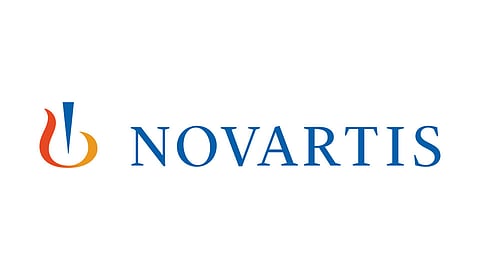

Novartis has reported positive outcomes from KALUMA, a Phase III clinical trial evaluating GanLum (ganaplacide/lumefantrine), a novel non-artemisinin antimalarial therapy developed in partnership with Medicines for Malaria Venture (MMV). The study met its primary endpoint, demonstrating non-inferiority to current standard-of-care regimens.
GanLum achieved a 97.4% PCR-corrected cure rate using an estimand framework, compared with 94.0% for the standard treatment. Under conventional per-protocol analysis, cure rates reached 99.2% versus 96.7% respectively. The trial included 1,688 adults and children across 34 sites in 12 African nations, with the therapy administered as once-daily granules for three days.
The treatment showed strong effectiveness against mutant malaria parasites associated with partial drug resistance and demonstrated rapid action against mature gametocytes—the parasite stage responsible for transmission.
The results come at a time of growing concern about rising antimalarial drug resistance across Africa. Data were presented at the American Society of Tropical Medicine and Hygiene Annual Meeting 2025.
GanLum combines two compounds that target the parasite via multiple mechanisms: ganaplacide, a first-in-class molecule with a new mechanism of action, and a once-daily formulation of lumefantrine, a long-acting antimalarial. Ganaplacide disrupts the parasite’s internal protein transport pathways, a process essential for its survival inside red blood cells. It belongs to the imidazolopiperazine class, discovered following a large-scale screen of 2.3 million molecules at Novartis laboratories.
Novartis has indicated it will pursue regulatory approvals swiftly. The therapy received Fast Track and Orphan Drug Designations from the U.S. FDA in 2022. If approved, GanLum would mark the most significant advancement in malaria treatment since artemisinin-based combination therapies were introduced more than 25 years ago.
The development of GanLum was supported by MMV and conducted within the WANECAM2 consortium, funded by the European & Developing Countries Clinical Trials Partnership Programme with contributions from the German Aerospace Center and the UK Department of Health and Social Care.
The Phase III results represent a major step toward introducing a new treatment option aimed at overcoming the growing challenge of antimalarial drug resistance and reducing malaria transmission in high-burden regions.
Also Read